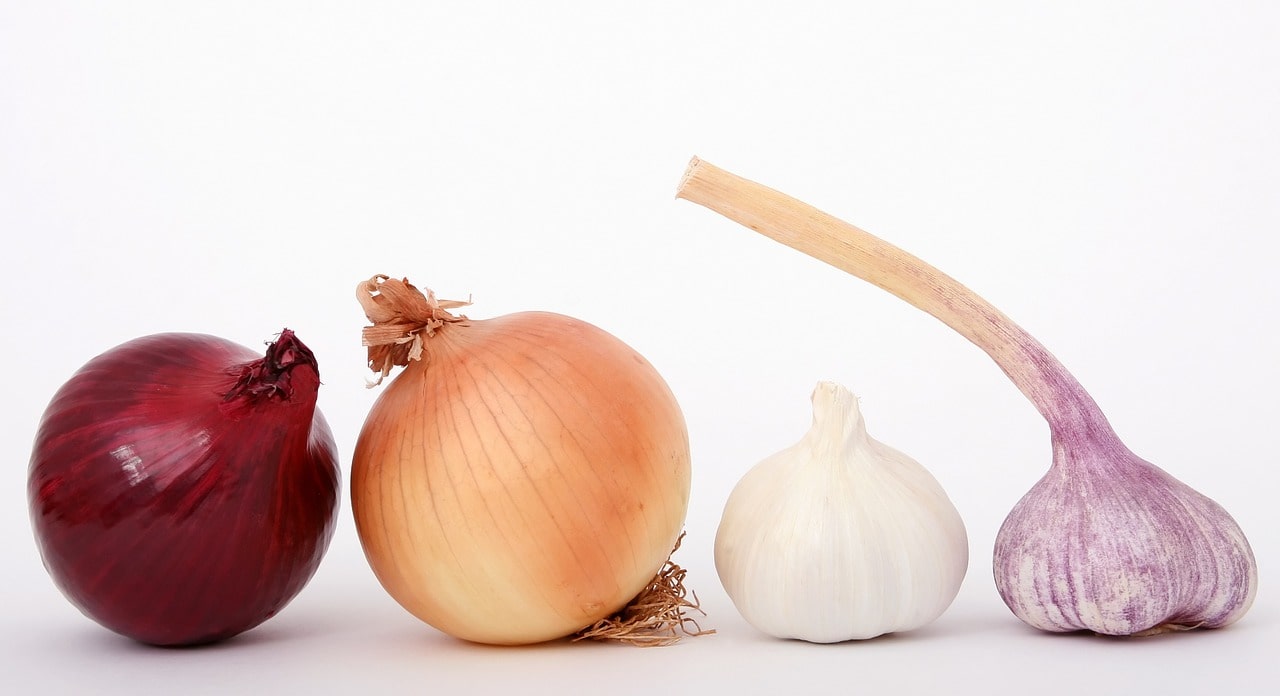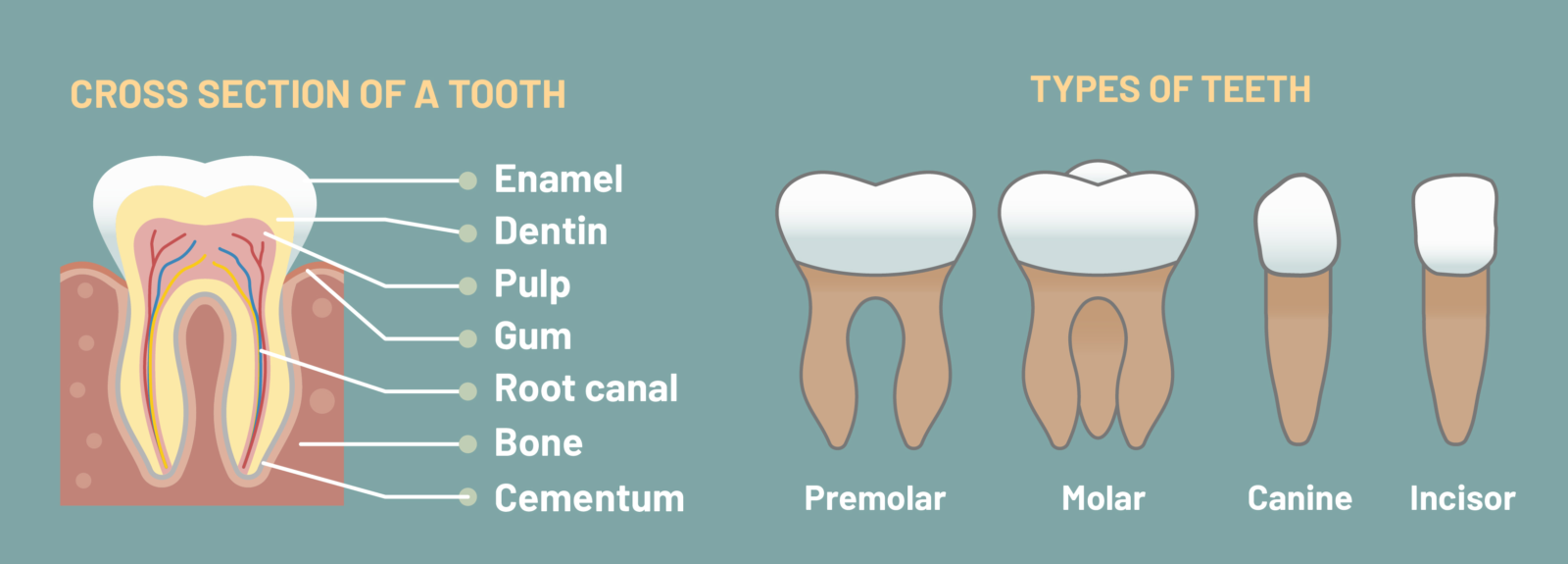The knowledge that your breath is anything less than fresh can cause anxiety and embarrassment. Everyone occasionally has bad breath (halitosis), even people with excellent oral health, and the problem usually passes relatively quickly. Bad breath can become a problem if it is more persistent and may require treatment to resolve it fully.
What is Halitosis?
Bad breath is very common and can result from eating something highly flavoured or lax oral care. Often bad breath can be resolved simply by improving your oral care routine. Sometimes it can be a sign of ill-health, so the reason for persistent bad breath should always be investigated further.
Why Does My Breath Smell Even After I Brush My Teeth?
When you brush your teeth, it can freshen your breath slightly but will only get rid of dental plaque and food debris, which may not be the main reason for your halitosis. Although you can buy all sorts of products that promise to banish bad breath, such as mouthwash, chewing gum and breath mints, these will only provide temporary relief and will not address the cause of halitosis.
How to Tell if You Have Bad Breath?
It can be very difficult to tell if you have bad breath, and many people will worry unnecessarily. One trick is to lick the inside of your wrist, allow it to dry and then sniff, but you still might not be able to tell for sure. The best way is to ask a trusted relative or close friend to tell you the truth, even if it is bad news, and of course, our dental team can always assess your breath for you during your dental checkups and possibly offer you gum disease treatments.
What is the Main Cause of Bad Breath?
There are numerous reasons for bad breath, and we have listed the most common below, starting with poor oral hygiene, which is frequently the reason for halitosis.
- Poor Oral Hygiene
A sticky biofilm called dental plaque builds up over tooth surfaces every day. It contains bacteria that thrive on leftover food particles. When you brush and floss regularly, most dental plaque is removed, so these bacteria do not get a chance to smell unpleasant. If you don’t brush and floss thoroughly and regularly, these bacteria will start to smell bad. Additionally, leftover food particles on and between your teeth will start to rot. As you can imagine, this can smell very unpleasant. Your tongue and tonsils can also trap food and bacteria, with similar results.
- Poor Oral Health
When you don’t keep your teeth and gums clean, the risk of developing oral disease increases significantly. You are more likely to develop tooth decay and gum disease. In addition to causing pain and discomfort and potentially tooth loss, these conditions can cause bad breath.
- Smoking
Smoking is a well-known cause of halitosis, but it can do far more than give you bad breath. If you smoke, your risk of getting gum disease is considerably higher, and you are also at a higher risk of developing oral cancer and lung cancer. Ideally, it is best to quit if you can to help freshen your breath and protect your oral and general health. Ask your GP for help and advice on quitting.
- Eating Highly Flavoured Foods
Onions and garlic may taste good, but you can feel their effect for quite a while afterwards. There is no shortcut to getting rid of garlic breath, as the odour is carried to your lungs, where it is exhaled. You need to wait until the food is eliminated from your body to get rid of the smell entirely.
- Coffee
Coffee lovers will often have coffee breath, especially if they like a strong brew. Additionally, coffee is a diuretic that can result in less saliva. When your mouth is drier, you are more likely to develop halitosis as the dry conditions allow noxious smelling bacteria to thrive.
- Low Carb Diets
Low carb diets might be effective for shedding a few kilos quickly, but they can change your metabolism, resulting in bad breath. People on low carb diets will often eat more protein, which can be trickier to digest fully. Consequently, your breath may smell more sulphurous. This effect can be avoided by following a balanced diet that doesn’t try to eliminate a large group of foods.
- Poor Digestion
Bowel disorders or problems with your digestion can cause bad breath. Halitosis can also be due to acid reflux, where strong stomach acids wash back up into the mouth. These acids can also erode your tooth enamel, increasing the risk of cavities.
- Dry Mouth
We tend to take saliva for granted, not realising its importance for oral health, but dry mouth or xerostomia is a very common condition. People with xerostomia cannot produce enough saliva, so their mouth feels excessively dry and sticky, and these conditions allow harmful and noxious smelling bacteria to thrive. The risk of oral disease also increases, which can worsen halitosis. Xerostomia can develop because of certain medical treatments. It is often a side effect of prescription medications or simply due to ageing.
- Alcohol
Drinking alcohol can decrease saliva production causing bad breath. The more frequently you consume alcohol, the more likely you will have bad breath.
- Other Health Conditions
Some diseases, such as certain cancers, metabolic disorders and sinus infections, can cause different types of bad breath smells. Sometimes the odours produced are quite distinctive due to the chemicals produced by specific conditions.
How Do I Stop My Breath From Smelling Bad?
When you visit Tandara Dental for bad breath treatment, one of the first things we will do is check for signs of untreated oral disease that could cause this problem. If we find anything wrong, we can provide appropriate treatment to help restore oral health. Halitosis treatment could be as straightforward as treating a badly decayed tooth or signs of gum disease. If your bad breath is due to acid reflux, you will need to see your GP, who can discuss how to fix bad breath from your stomach, and, if necessary, prescribe medication.
Xerostomia can be treated in several ways. For example, if it is due to prescription medication, we may suggest you talk with your GP to see if they can prescribe something different or adjust the dosage. However, you must talk with them first and should never discontinue a medicine without the proper medical advice.
Otherwise, we can discuss strategies to help combat the effects of xerostomia. These may include using a saliva substitute or making lifestyle changes such as avoiding foods and beverages that could dry out your mouth and choosing to drink more water so you can produce saliva more easily. Because xerostomia can increase the risk of tooth decay and gum disease, we may recommend seeing us more frequently for checkups and dental cleanings. Getting rid of plaque and tartar build up will help you maintain a healthier mouth more easily, decreasing your risk of oral disease.
We can generally determine bad breath causes after examining your mouth, but if we cannot discover the reason, then you will need to see your GP in case it is due to an undiagnosed medical condition.










